Chronological Understanding
Sequencing, events, stories, pictures and periods over time to show how different times relate to each other and contribute to a coherent understanding of the past. You don’t have to teach topics in chronological order but need to relate the topics you teach to their chronological context.
-
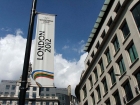
Chronology - an Olympic timeline
ArticleClick to view -

Case Study: Creative chronological thinking
ArticleClick to view -
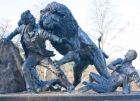
Thematic or topic based whole school curriculum planning
ArticleClick to view -

Creating the 'creative history' website
ArticleClick to view -
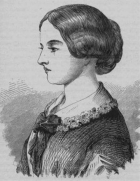
OFSTED, primary history and creativity
ArticleClick to view -

A creative Egyptian project
ArticleClick to view -

Chronology through ICT
ArticleClick to view -

Enriching young children's understanding of time
ArticleClick to view -

Understanding Chronology at Key Stage 2
ArticleClick to view -
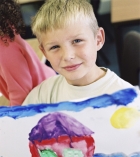
Young children and chronology
ArticleClick to view -
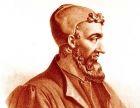
Time, Chronology, language and story
ArticleClick to view -

Think Bubble - Jumping stories: selective chronology
ArticleClick to view -
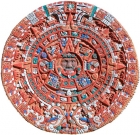
A View from the Classroom - Chronology
ArticleClick to view -

Developing pupils' chronological understanding
ArticleClick to view -

Chronology & Topics at Key Stage 2
ArticleClick to view -

Enhancing temporal cognition: Practical activities for the primary classroom
ArticleClick to view -

Constructivist chronology and Horrible Histories
ArticleClick to view -

Exploring chronology in a museum
ArticleClick to view -

Chronology and local history: Year 6
ArticleClick to view -

Citizenship and the Olympics
ArticleClick to view

